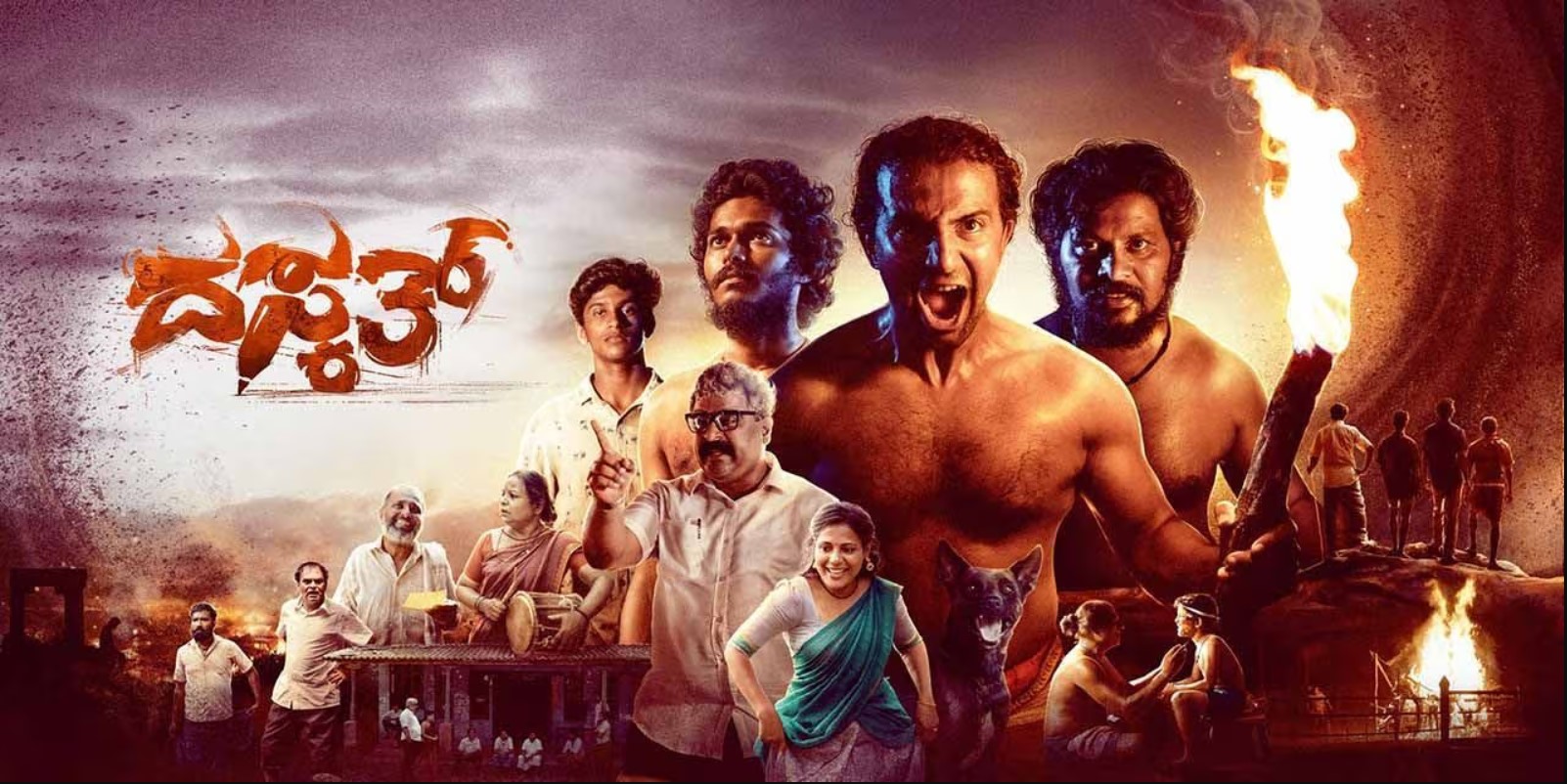The Tulu film industry has produced yet another cinematic gem with Daskath, a gripping tale of courage, justice, and human resilience. Directed by Aneesh Poojary, this film is a bold attempt at addressing social issues through a compelling narrative set in the corrupt village of Kepula Palke. The movie successfully portrays the struggle of a young man against a tyrannical system, leaving the audience deeply moved by its message.
Plot Overview
The story follows Shekhar (Deekshith K Andinje), a fearless young man who dares to challenge the cruel panchayat leader of Kepula Palke. His rebellion against injustice triggers a series of events that alter the fate of the entire village. The film seamlessly blends friendship, love, and social awareness, making it both entertaining and thought-provoking.
Performances that Stand Out
Yuva Shetty as Gunapaala delivers an outstanding performance, portraying an arrogant yet vulnerable antagonist with depth. His character’s ego-driven downfall is portrayed with subtle brilliance. Deekshith K Andinje as Shekhar delivers a power-packed performance, though the erho-centric approach slightly dilutes his character’s arc towards the end due to multiple subplots.
Neeraj Kunjarpa as Baadu shines in his romantic sequences, effortlessly balancing love, friendship, and moral dilemmas. Bhavya Poojary as Baagi and Mohan Sheni as Keshava make strong contributions, with Sheni proving his versatility once again. Veteran actors like Chandrahas Ullal, Naveen Bondel, and Deepak Rai Panaje bring credibility to their respective roles.
Cinematographer Santhosh Acharya Gumpalaje captures the beauty of South Karnataka like never before, making this film one of the most visually stunning Tulu movies to date. Certain forest sequences are breathtaking, immersing the audience in the world of Kepula Palke. Editor Ganesh Nirchal ensures smooth transitions, but some subplots slightly derail the narrative’s momentum.
Samarthan S Rao’s background score transforms the film into a commercial entertainer, despite its art-house essence. His music adds depth and energy, elevating pivotal moments.
Director’s Vision
Aneesh Poojary makes an impressive directorial debut, showcasing a commitment to authentic storytelling without resorting to gimmicks. His ability to create emotional depth in small moments stands out, especially with Gunapaala’s non-barking pet dog, which gains significance in a powerful climax scene.
The director’s ambition is also evident in a rain scene during a pivotal death sequence, where CGI is used due to budget constraints. While not flawless, it demonstrates hisdedication to maintaining the film’s visual appeal.
What Could Have Been Better?
The film loses its grip at times due to too many subplots, which slightly dilute the core conflict between Shekhar and Gunapaala. At moments, it reminds the audience of the Tamil film Parking, which masterfully explored the clash of egos between two individuals. Here, the focus shifts from Shekhar’s struggle for dignity to unnecessary diversions, affecting the pacing.
Final Verdict
Despite minor shortcomings, Daskath is a must-watch for its compelling story, powerful performances, and striking visuals. It stands as a testament to the passion and effort of Tulu filmmakers in creating socially relevant cinema. With a strong message, engaging screenplay, and a stellar cast, this film sets a new benchmark for the Tulu film industry.
Rating: ⭐⭐⭐⭐ (4/5)




